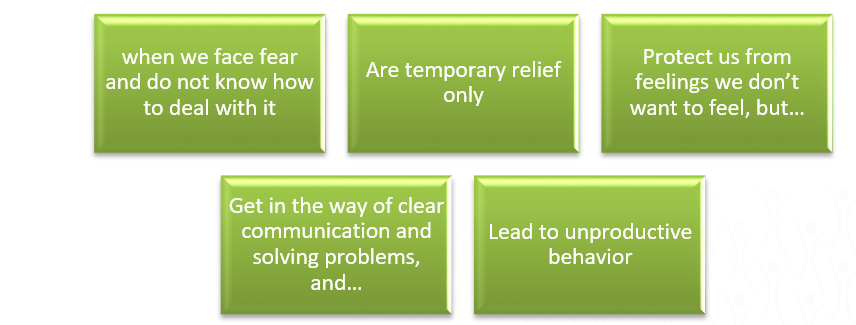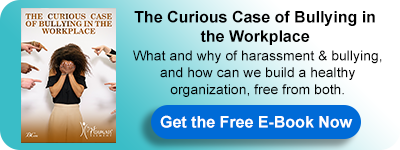Erecting Up the Defense Walls
People utilize defense mechanisms to protect themselves from unpleasant events, acts, or ideas. These psychological techniques may aid people in separating themselves from threats or unpleasant sensations like guilt or shame. When this happens, people do not openly share their thoughts, ideas, or feelings. Instead, they adopt behaviors that they might not fully agree with and ditch their beliefs and opinions.
For example, your colleague might present an idea to which you might disagree. You decide to voice out your thoughts. To your surprise, your colleague turns hostile. They start attacking you. What your colleague is doing is simply defensive behavior. Your colleague thinks your feedback is a sign they are not competent enough. In an attempt to protect their competency, instead of thinking objectively about your feedback or admitting to themselves that the idea is not as good, they jump on you.
Your manager might ask you to do extra work on an evening you had already planned to relax. You defend your plans and voice your thoughts to your manager. Your manager understands, yet, he thinks he needs to protect his image as a manager who has the upper hand. In an attempt to preserve his significance, he refuses your request and insists you spend the evening.
A colleague might approach you regarding your leadership style. They give you remarks that might not be treating your employees fairly. They provide you with specific examples. You feel hurt, and instead of listening objectively, you go into a tantrum accusing your colleague of being unfriendly.
All the above examples provide examples of defense mechanisms. When defenses operate, our self-awareness is blocked. We are dominated by fear and our focus goes only to how to protect ourselves, which leads to defensive behaviors. The more people use those defenses, the more they get into unproductive behaviors. For example, in an attempt to protect likeability, such as the above example, true feelings and thoughts are suppressed.
Therefore Defenses:

1The Human Element, Part One, Cornerstone Participant Guide, BCon (Business Consultants,Inc)
For more about this topic, download our latest book " The Curious Case of Bullying in the Workplace " for FREE:
